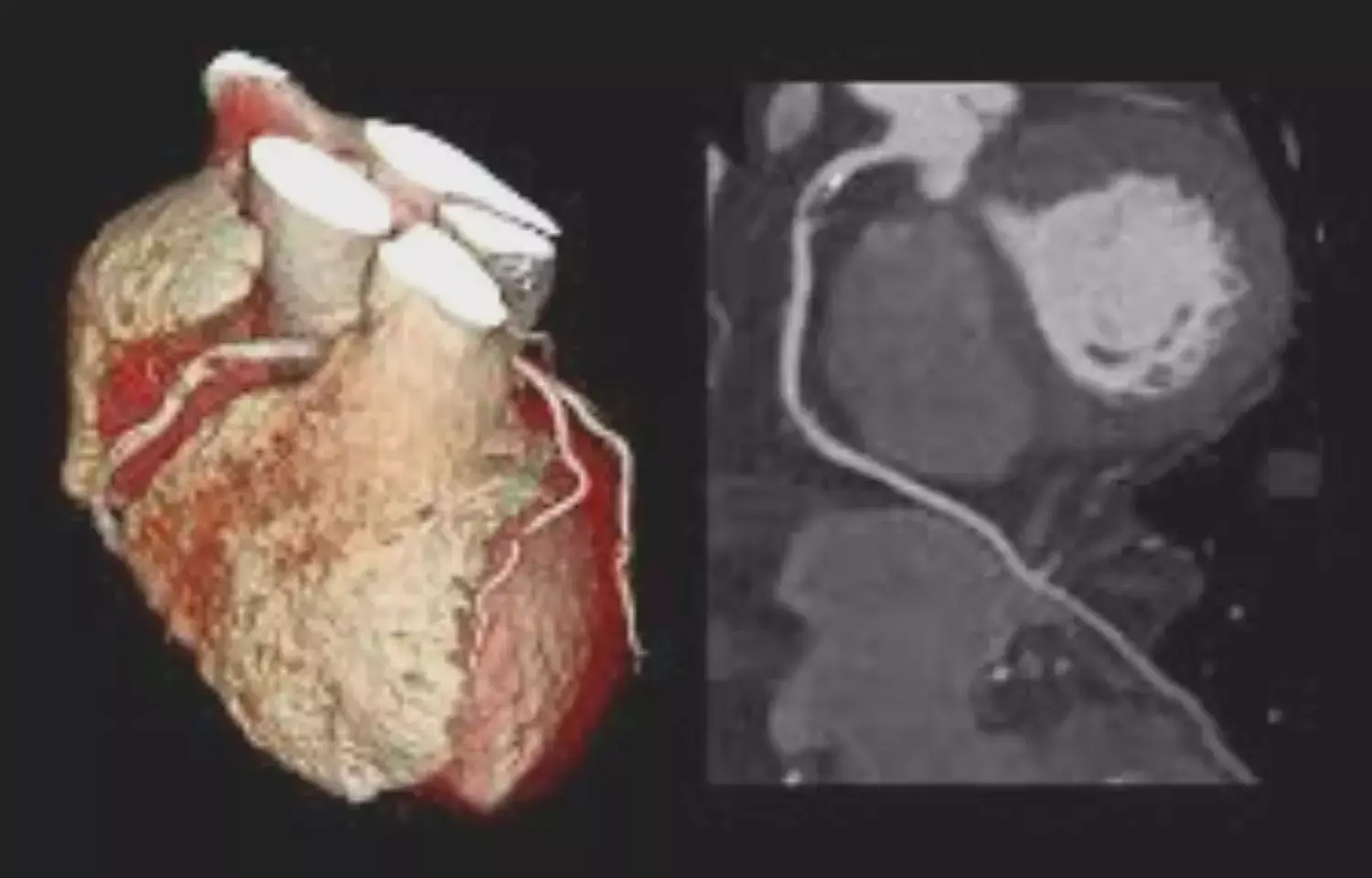- Home
- Medical news & Guidelines
- Anesthesiology
- Cardiology and CTVS
- Critical Care
- Dentistry
- Dermatology
- Diabetes and Endocrinology
- ENT
- Gastroenterology
- Medicine
- Nephrology
- Neurology
- Obstretics-Gynaecology
- Oncology
- Ophthalmology
- Orthopaedics
- Pediatrics-Neonatology
- Psychiatry
- Pulmonology
- Radiology
- Surgery
- Urology
- Laboratory Medicine
- Diet
- Nursing
- Paramedical
- Physiotherapy
- Health news
- Fact Check
- Bone Health Fact Check
- Brain Health Fact Check
- Cancer Related Fact Check
- Child Care Fact Check
- Dental and oral health fact check
- Diabetes and metabolic health fact check
- Diet and Nutrition Fact Check
- Eye and ENT Care Fact Check
- Fitness fact check
- Gut health fact check
- Heart health fact check
- Kidney health fact check
- Medical education fact check
- Men's health fact check
- Respiratory fact check
- Skin and hair care fact check
- Vaccine and Immunization fact check
- Women's health fact check
- AYUSH
- State News
- Andaman and Nicobar Islands
- Andhra Pradesh
- Arunachal Pradesh
- Assam
- Bihar
- Chandigarh
- Chattisgarh
- Dadra and Nagar Haveli
- Daman and Diu
- Delhi
- Goa
- Gujarat
- Haryana
- Himachal Pradesh
- Jammu & Kashmir
- Jharkhand
- Karnataka
- Kerala
- Ladakh
- Lakshadweep
- Madhya Pradesh
- Maharashtra
- Manipur
- Meghalaya
- Mizoram
- Nagaland
- Odisha
- Puducherry
- Punjab
- Rajasthan
- Sikkim
- Tamil Nadu
- Telangana
- Tripura
- Uttar Pradesh
- Uttrakhand
- West Bengal
- Medical Education
- Industry
AI-based tool can measure plaque burden, stenosis severity on CCTA

USA: A recent study showed that in patients with stable chest pain, an artificial intelligence (AI)-based tool can rapidly and accurately measure plaque volume and stenosis severity from the images of coronary CT angiography (CCTA). Also, it has the potential for better prediction of future myocardial infarction (MI) as it agrees closely with expert readers and intravascular ultrasound. The study appears in the journal Lancet: Digital Health.
Coronary CT angiography is the first-line test for the evaluation of coronary artery stenosis severity. AI algorithms are increasingly being applied to CCTAfor improving the efficiency and accuracy of image analysis, demonstrating high performance when compared with expert readers. Deep learning is a type of AI that uses artificial neural networks for generating automated predictions directly from image data.
Quantification of Atherosclerotic plaque from CCTA enables accurate assessment of coronary artery disease burden and prognosis. Andrew Lin, Biomedical Imaging Research Institute, Cedars-Sinai Medical Center, Los Angeles, CA, USA, and colleagues sought to develop and validate a deep learning system for CCTA-derived measures of plaque volume and stenosis severity in an international, multicentre study.
The study included nine cohorts of patients undergoing CCTA at 11 sites. They were assigned to training and test sets. Data were retrospectively collected on patients with a wide range of clinical presentations of coronary artery disease who underwent CCTA between Nov 18, 2010, and Jan 25, 2019.
The researchers trained a novel deep learning convolutional neural network to segment coronary plaque in 921 patients (5045 lesions). Then, the deep learning network was applied to an independent test set that included an external validation cohort of 175 patients (1081 lesions) and 50 patients (84 lesions). This was assessed by intravascular ultrasound within 1 month of CCTA.
The prognostic value of deep learning-based plaque measurements was evaluated for fatal or non-fatal myocardial infarction (primary outcome) in 1611 patients from the prospective SCOT-HEART trial.
The study led to the following findings:
· In the overall test set, there was excellent or good agreement, respectively, between deep learning and expert reader measurements of total plaque volume (intraclass correlation coefficient [ICC] 0·964) and percent diameter stenosis (ICC 0·879).
· When compared with intravascular ultrasound, there was an excellent agreement for deep learning total plaque volume (ICC 0·949) and minimal luminal area (ICC 0·904).
· The mean per-patient deep learning plaque analysis time was 5·65 s versus 25·66 min taken by experts.
· Over a median follow-up of 4·7 years, myocardial infarction occurred in 41 (2·5%) of 1611 patients from the SCOT-HEART trial.
· A deep learning-based total plaque volume of 238·5 mm3 or higher was associated with an increased risk of myocardial infarction (hazard ratio [HR] 5·36) after adjustment for the presence of deep learning-based obstructive stenosis (HR 2·49) and the ASSIGN clinical risk score (HR 1·01).
"Our novel, externally validated deep learning system provides rapid measurements of plaque volume and stenosis severity from CCTA," the authors concluded. "This agrees closely with expert readers and intravascular ultrasound and could have prognostic value for future myocardial infarction."
Reference:
The study titled, "Deep learning-enabled coronary CT angiography for plaque and stenosis quantification and cardiac risk prediction: an international multicentre study," was published in the journal Lancet: Digital Health.
DOI: https://doi.org/10.1016/S2589-7500(22)00022-X
KEYWORDS: Lancet, artificial intelligence, coronary CT angiography, CCTA, AI, deep learning, myocardial infarction, Andrew Lin, stenosis, coronary plaque, computed tomography
Dr Kamal Kant Kohli-MBBS, DTCD- a chest specialist with more than 30 years of practice and a flair for writing clinical articles, Dr Kamal Kant Kohli joined Medical Dialogues as a Chief Editor of Medical News. Besides writing articles, as an editor, he proofreads and verifies all the medical content published on Medical Dialogues including those coming from journals, studies,medical conferences,guidelines etc. Email: drkohli@medicaldialogues.in. Contact no. 011-43720751


